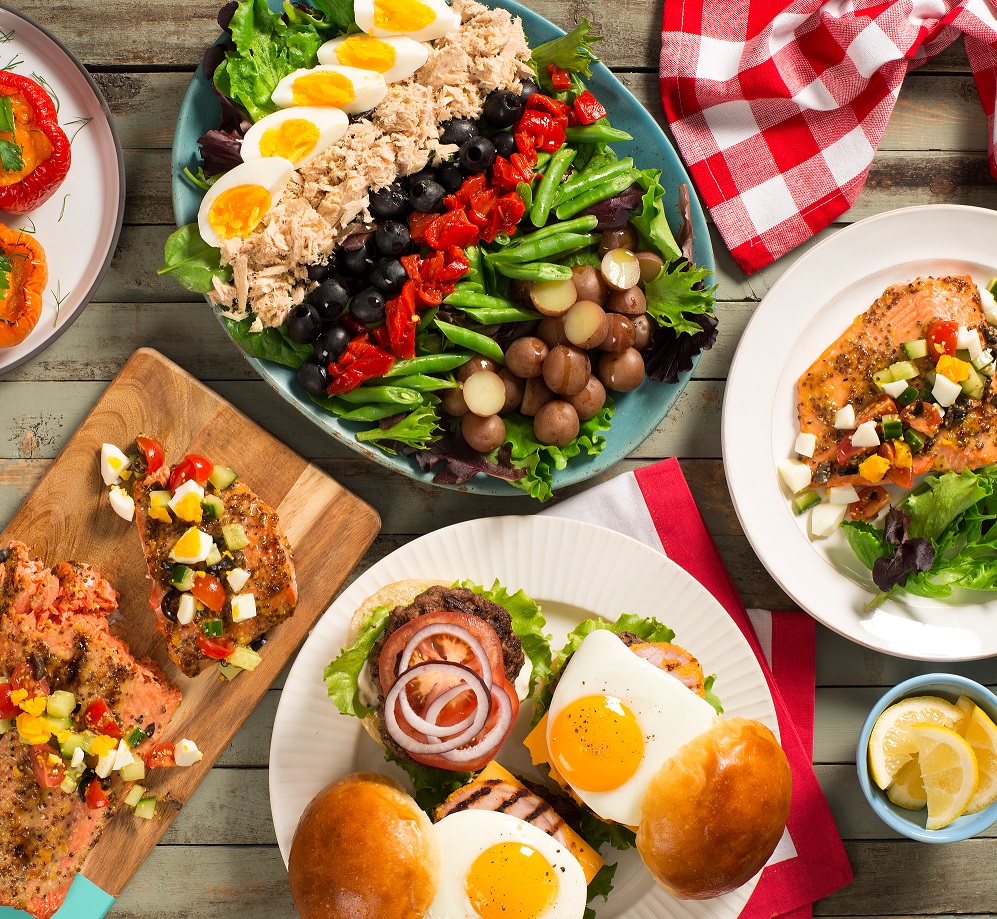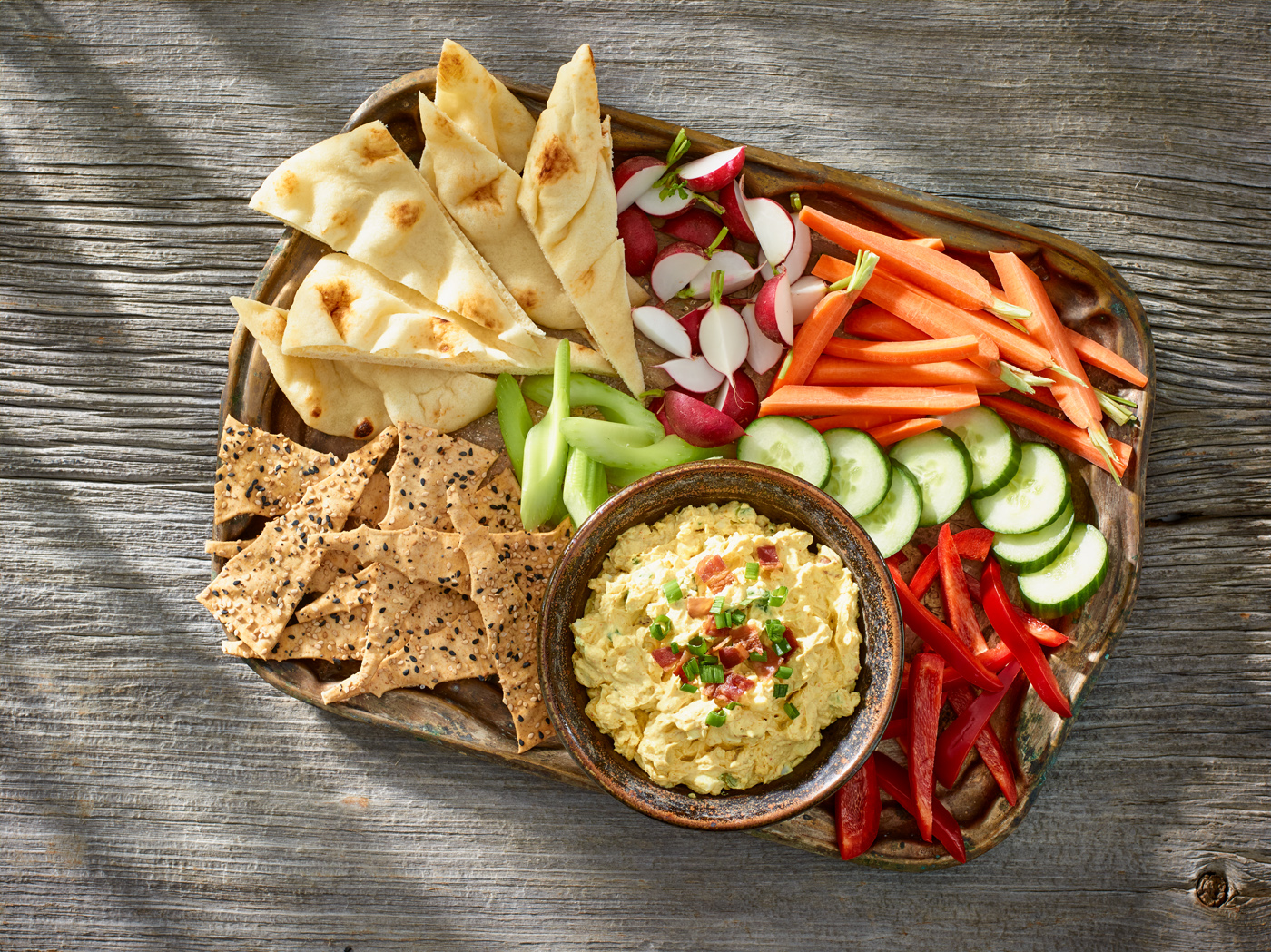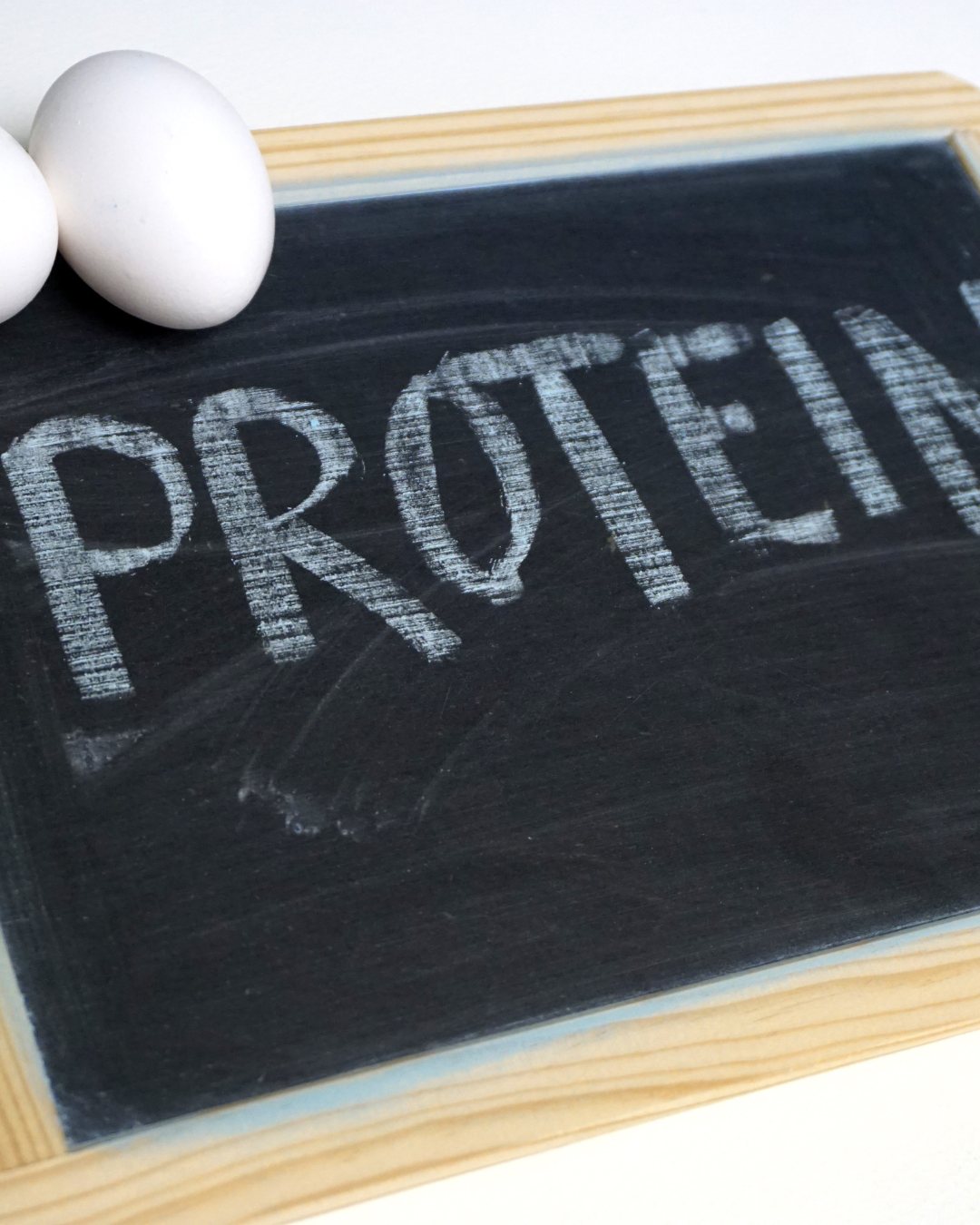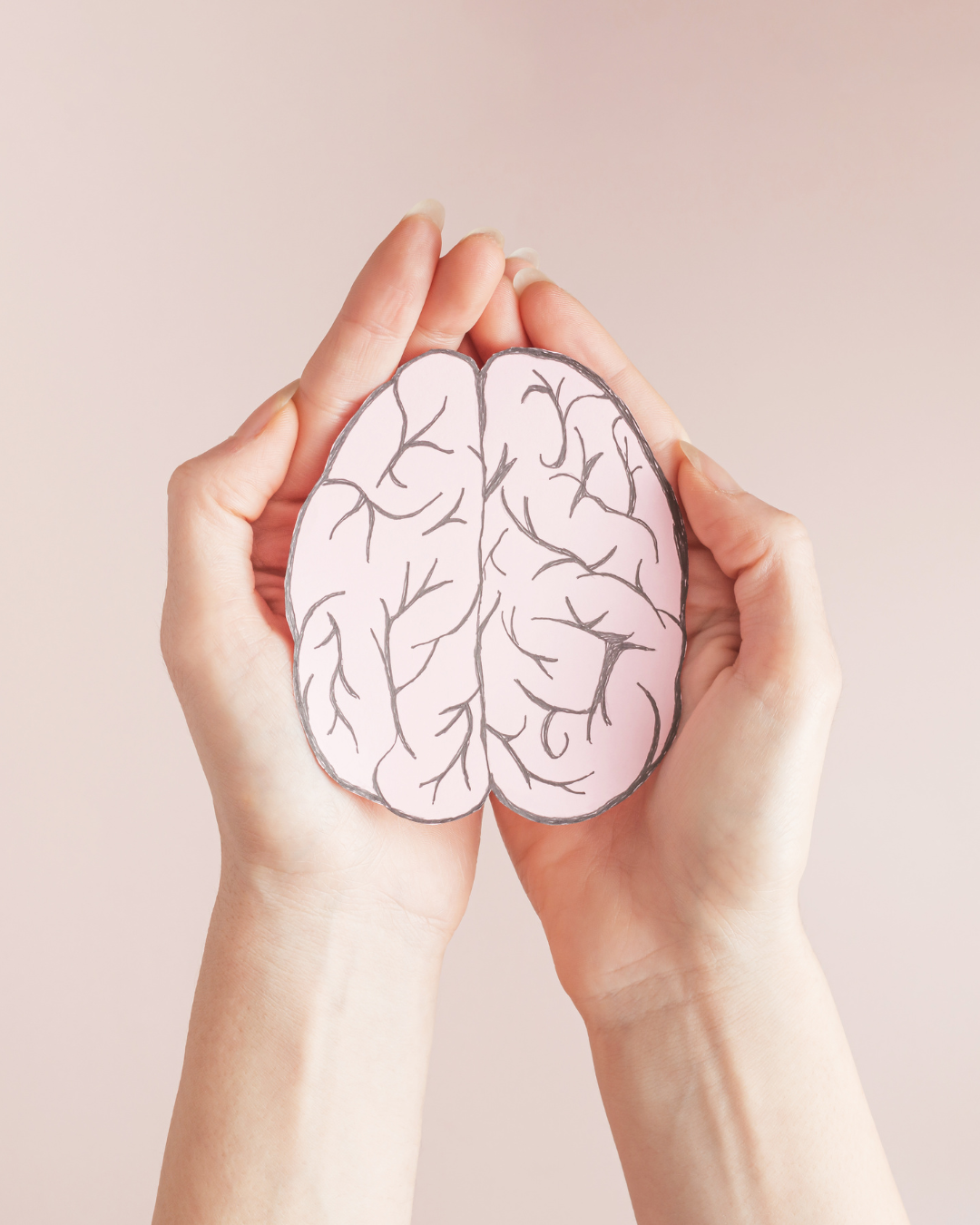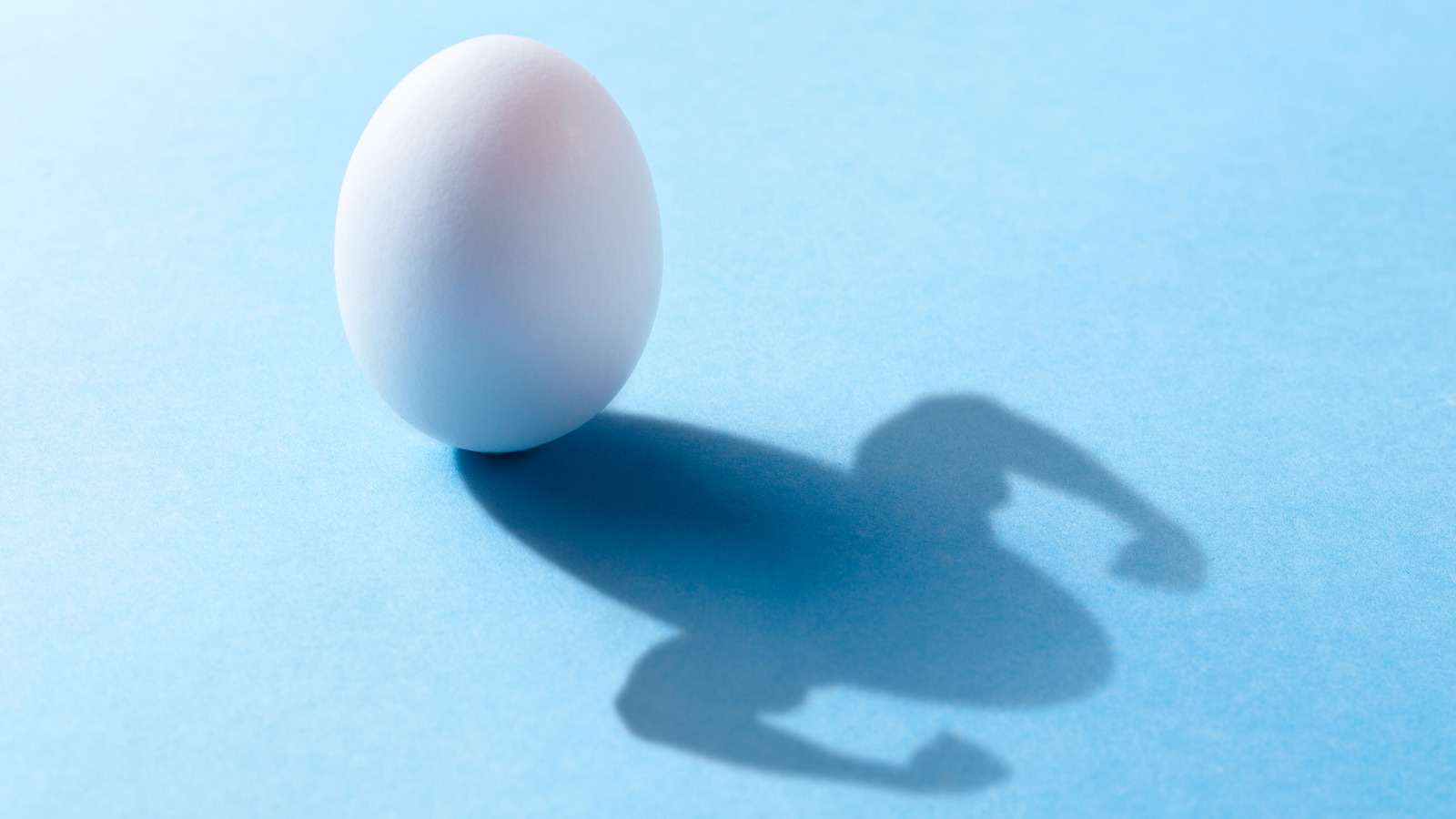Are you into recreational sports? Perhaps you play on a soccer, volleyball, or hockey team. Do you enjoy regular squash, Pilates or yoga? Whatever activity you choose, the foods you eat impact your performance. You don’t have to be a professional athlete to eat in a way that helps you move faster and allows your body to recover quicker.
In this two part series, I teamed up with Egg Farmers of Ontario to talk about the two main macronutrients crucial for fueling bodies. Stay tuned for my next piece which will be breaking down the timing of what to eat and when to boost performance. It’s all about having fun and eating well, so let’s jump right in!
Why Is Sports Nutrition Important?
1. Fueling your body well provides your muscles with more energy.
2. Performance is enhanced (ie. going faster/stronger) with less fatigue.
3. Body can recover faster and is less prone to injury.
What are Two Main Macros?
Macronutrients (sometimes referred to as “macros” are the major food/fuel sources required by our bodies. There are actually three macronutrients – carbohydrates, proteins and fats; however, we will focus on the first two as they play the greatest role in performance. Understanding the purpose of macros allows us to determine optimal timing for different types of foods.
1. Carbohydrates aka ‘Carbs:’
Purpose: Carbohydrates help increase energy or muscle fuel.
Carbohydrates are the body’s preferred/main and most efficient source of fuel for muscles and the brain. Carbs improve athletic performance by delaying fatigue, allowing us to exercise longer and at higher levels of exertion. Interestingly, stored carbohydrates are known as “glycogen,” which is a fancy word for muscle fuel. When working out, your body prefers to use stored carbs or glycogen for energy.
• Some examples of carbohydrates:
• Starchy vegetables (potatoes, peas, corn, squash)
• Whole grains (bread/wraps/crackers, pasta, cereals, quinoa, oats, rice, bulgur, etc.)
• Pulses (beans, chickpeas and lentils)
• Milk
• Fruits (fresh, frozen, dried fruits)
“Did you know: Without adequate carbohydrates, our body breaks down muscle for energy. This occurs before we burn fat. Consequently, losing muscle decreases performance and slows our metabolism.”
Go harder. Last longer with the right fuel. #CarbsAareNotBad
Carbohydrates for Muscle?
- Many do not know that consuming adequate carbohydrates is necessary to build muscle.
- Carbohydrates get broken down into glucose, which feeds our muscles instead of relying on other food sources (like protein and fat, which are less efficient) for energy.
- When our bodies are fueled with the right about amount of quality carbs, protein can then do its main job of repairing/building muscle tissue, which can lead to muscle gain.
- Carbs fuel strong muscle contractions needed in high intensity training or weight-lifting. If intake is too low, fatigue is higher and performance is generally lower.

Still suspicious of carbs? Read my blog, In Defence of Carbs: Stop the Hating.
2. Protein: ‘Building Blocks for Muscle’
Purpose: Protein is crucial for muscle growth and repair. It’s involved in the growth, maintenance and repair of red blood cells, skin, nails and hair, as well as hormone production.
• Some examples of proteins:
• Pulses (beans, chickpeas and lentils)
• Milk, yogurt, kefir, cheese or cottage cheese
• Nuts, seeds, hemp hearts, nut butters
• Tofu, tempeh, edamame, soy milk
• Protein powder
What’s a Complete Protein?
Protein is made up of amino acids, which are building blocks needed to support muscle building, immune function and hormone production. There are 20 different amino acids needed for growth and functioning. However, 9 of the 20 amino acids cannot be synthesised by the body and must be consumed in the diet, these are referred to as “essential amino acids”. Animal-based proteins (like eggs!),contain the 9 essential amino acids and are referred to as complete proteins. Additionally, consuming complete proteins that contain leucine, an essential amino acid, is especially effective at stimulating muscle protein synthesis. We receive leucine in foods like eggs, chicken, pork, beef, tuna, tofu and milk.
Eggs are an excellent source of nutrition with 6 grams of high-quality protein per egg and all 9 essential amino acids. They’re a great option for vegetarian athletes to get complete proteins into their diets. Complete protein also comes in many other sources like meat, fish, poultry, quinoa, tofu, edamame, rice and beans, hemp seeds and chia seeds.
How Much Protein Do we Need?
According to the International Society of Sports Nutrition (ISSN), for building muscle and for maintaining muscle mass, an overall daily protein intake in the range of 1.4–2.0 g protein/kg body weight/day (g/kg/d) is recommended. For a 150 lb athlete (68 kg) the protein range would be 95 to 135 grams of protein a day. We can break this down to plan for meals consisting of 20 to 30 grams of protein, ideally evenly distributed, every 3–4 hours, across the day.
So there you have it – protein and carbs are the way to go to increase athletic performance! Remember, you can always count on eggs as a complete protein that works together with carbs to fuel your muscles and maximize your strength!

Written by Registered Dietitian, Andrea D’Ambrosio
